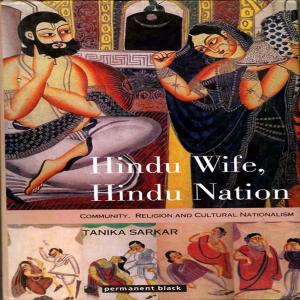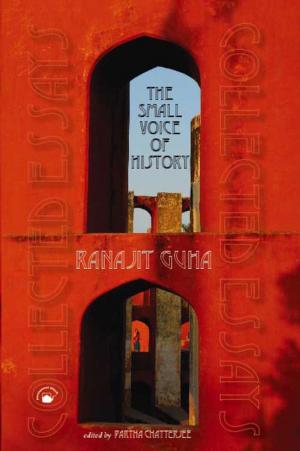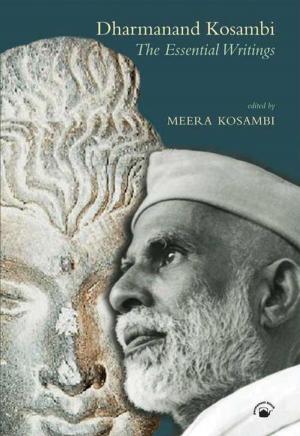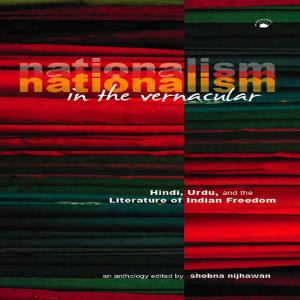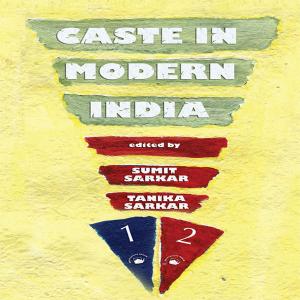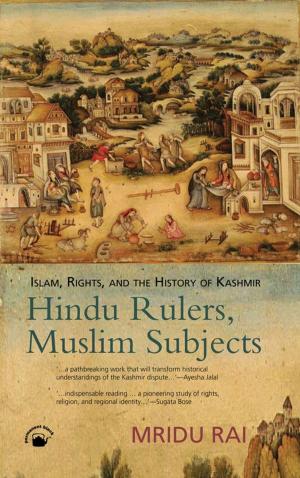The Trajectories of the Indian State
Politics and Ideas
Nonfiction, Social & Cultural Studies, Political Science, Politics, Reference, History, Asian, India, Social Science, Sociology| Author: | Sudipta Kaviraj | ISBN: | 9788178244143 |
| Publisher: | Permanent Black | Publication: | December 13, 2012 |
| Imprint: | Language: | English |
| Author: | Sudipta Kaviraj |
| ISBN: | 9788178244143 |
| Publisher: | Permanent Black |
| Publication: | December 13, 2012 |
| Imprint: | |
| Language: | English |
Sudipta Kaviraj has long been recognized as among Indias most thoughtful and wide-ranging political thinkers and analysts, one of the subtlest and most learned writers on Indian politics. Ironically, this has remained something of a state secret because Kavirajs writings are scattered and not easy to access as a connected body. So the present volumelike its predecessor The Imaginary Institution of Indiafills a vital gap in South Asian political thought.Among Kavirajs many strengths is his exceptional ability to position Indian politics within the frameworks of Western political philosophy alongside perspectives from indigenous political thought. In order to understand relations between the state and social groups, or between dominant and subaltern communities, Kaviraj says it is necessary to first historicize the study of Indian politics. Deploying the historical method, he looks at the precise character of Indian social groups, the nature of political conflicts, the specific mechanisms of social oppression, and many related issues.In so doing Kaviraj reveals the variety of historical trajectories taken by Indian democracy. Indian political structures, with their developed system of rules and legislative orders, may seem to derive from colonialism. Yet these structures, says Kaviraj, are comparable less to the European nation-states of the nineteenth and twentieth centuries than to the pre-modern empire-states of Indian and Islamic history. Scholars often work with a false genealogy: the convention of starting the story of Indian politics with 1947, or even 1858, has led to misconstructions. Kaviraj shows that there is no serious way into present politics except through a longer past; Weber, Marx, and Foucault may be less important in this enterprise than painstaking reconnections with the vernacular facts of Indian political history.This volume is indispensable for every student and scholar of South Asian politics, history, and sociology.
Sudipta Kaviraj has long been recognized as among Indias most thoughtful and wide-ranging political thinkers and analysts, one of the subtlest and most learned writers on Indian politics. Ironically, this has remained something of a state secret because Kavirajs writings are scattered and not easy to access as a connected body. So the present volumelike its predecessor The Imaginary Institution of Indiafills a vital gap in South Asian political thought.Among Kavirajs many strengths is his exceptional ability to position Indian politics within the frameworks of Western political philosophy alongside perspectives from indigenous political thought. In order to understand relations between the state and social groups, or between dominant and subaltern communities, Kaviraj says it is necessary to first historicize the study of Indian politics. Deploying the historical method, he looks at the precise character of Indian social groups, the nature of political conflicts, the specific mechanisms of social oppression, and many related issues.In so doing Kaviraj reveals the variety of historical trajectories taken by Indian democracy. Indian political structures, with their developed system of rules and legislative orders, may seem to derive from colonialism. Yet these structures, says Kaviraj, are comparable less to the European nation-states of the nineteenth and twentieth centuries than to the pre-modern empire-states of Indian and Islamic history. Scholars often work with a false genealogy: the convention of starting the story of Indian politics with 1947, or even 1858, has led to misconstructions. Kaviraj shows that there is no serious way into present politics except through a longer past; Weber, Marx, and Foucault may be less important in this enterprise than painstaking reconnections with the vernacular facts of Indian political history.This volume is indispensable for every student and scholar of South Asian politics, history, and sociology.





